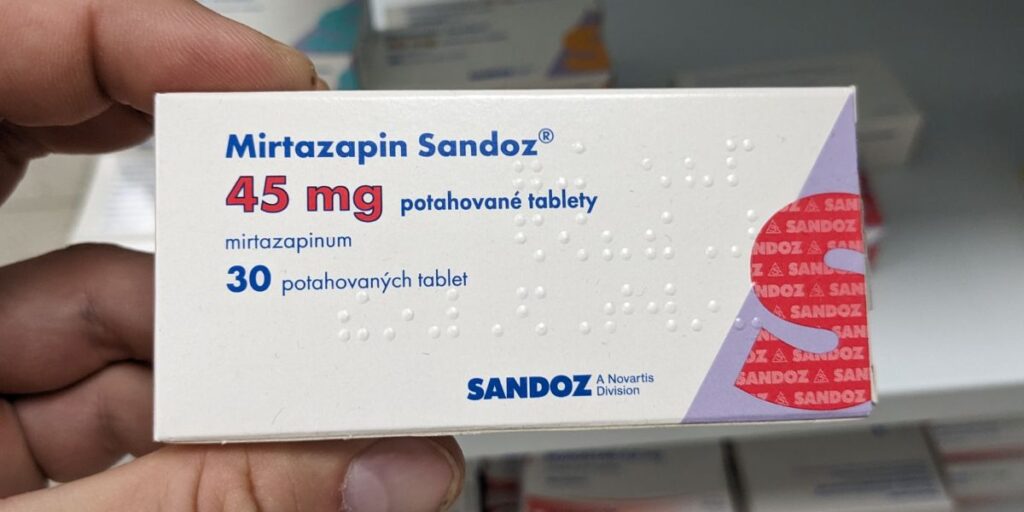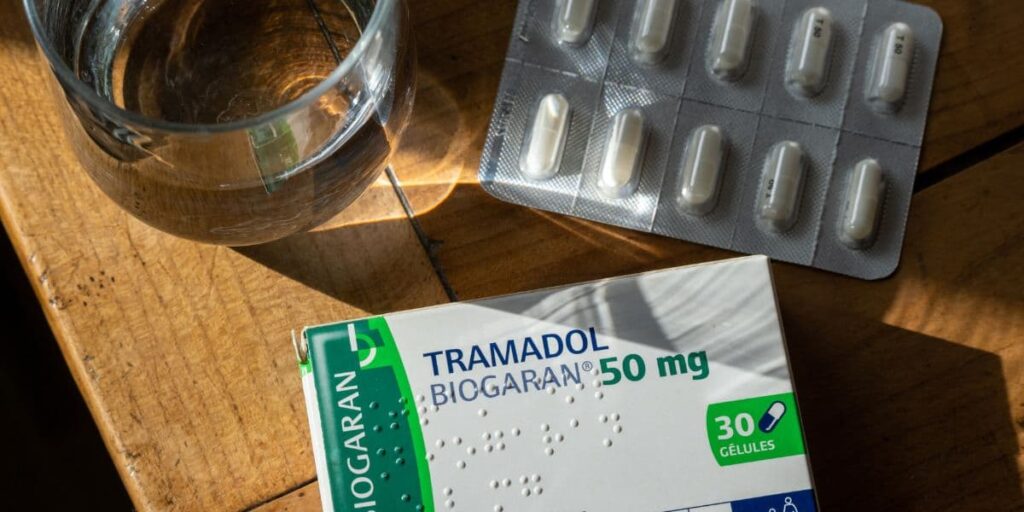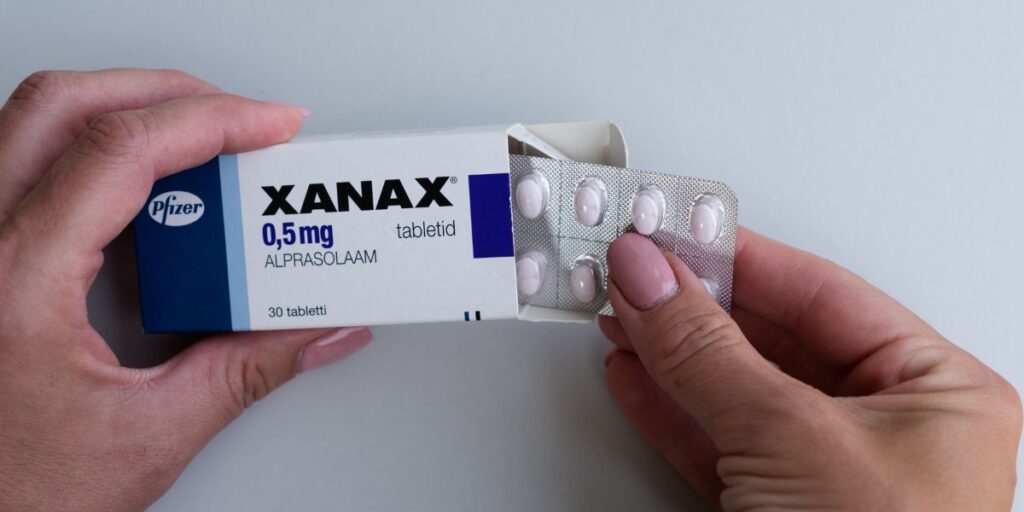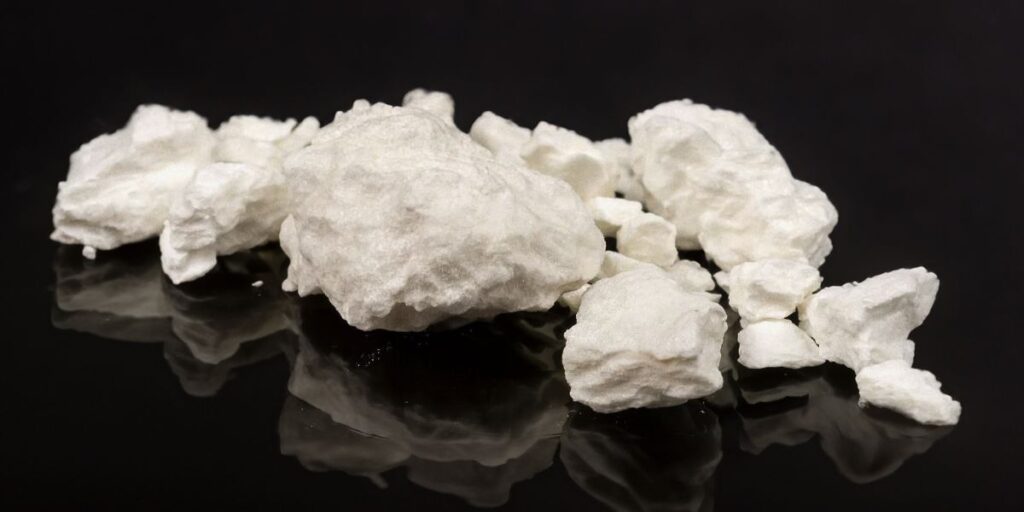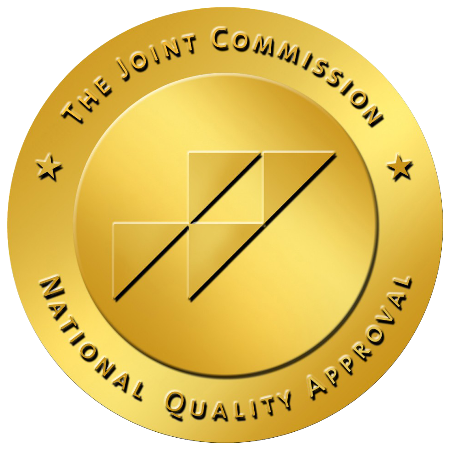Some people mistakenly believe that since medical practitioners use nitrous oxide or laughing gas, it must be harmless and less risky than other substances. However, nitrous oxide addiction is increasingly dangerous to public health, particularly among young adults ages 12 and older.
This is partly due to the ease of access and misuse of nitrous oxide and how addictive it is. Understanding the risks and consequences of nitrous oxide abuse and seeking effective treatment programs to prevent severe addiction and potentially fatal accidents is important.
What Is Nitrous Oxide?
Commonly known as laughing gas, nitrous oxide is a gas with no smell or color. It is called laughing gas because exposure to nitrous oxide can make people find things funny and burst into laughter easily for no apparent reason.
Nitrous oxide is inhaled for its euphoric effects. In medical environments, such as dental clinics, nitrous oxide is employed to aid patients in relaxation and pain relief. It can also be encountered in everyday items like whipped cream canisters and automobile performance enhancers.
There are also other nicknames and slang terms used to describe nitrous oxide, including:
- Whippets, or whip its
- Happy gas
- N20
- Nitro
- NOS
- Hippy crack
- Balloons
- Buzz bombs
Nitrous oxide is not a controlled substance and is readily available for sale in stores. This accessibility makes it attractive to teenagers who erroneously think it is safer than other drugs.
Recreational Use of Nitrous Oxide
In recent years, the non-medical use of nitrous oxide has witnessed a significant surge, especially among adolescents aged 12 to 21, as disclosed in a 2011 Substance Abuse and Mental Health Service Administration (SAMHSA) survey. The survey findings revealed that nearly 2 million people had misused nitrous oxide for recreational purposes within the following year.
The most common use of nitrous oxide is inhaling directly from containers of whipped cream and chargers or by extracting the gas from balloons or plastic bags. This trend portrays the growing allure and prevalence of nitrous oxide misuse in contemporary society.
Monitoring recreational nitrous oxide misuse is challenging due to its legal status, as it can be purchased without age restrictions or the need for identification. The National Institutes of Health (NIH) monitors instances of nitrous oxide misuse by analyzing case studies and reports from emergency departments.
The misuse of nitrous oxide, according to the NIH and the National Institute on Drug Abuse (NIDA), is the most prevalent form of inhalant abuse and club drug use. These reputable institutions align in their acknowledgment of the escalating trend of nitrous oxide abuse among young people, leading to growing apprehension regarding its adverse effects and potential long-term repercussions.
Is Nitrous Oxide Addictive?
Nitrous oxide can lead to addiction with prolonged exposure. Although the effects are temporary, individuals who inhale nitrous oxide experience instant and intense feelings of euphoria and happiness. To continue experiencing this feeling, they frequently use more nitrous oxide. This leads to a higher dependency on the substance and increases their risk of addiction.
The comedown and withdrawal symptoms associated with inhalant abuse, including nitrous oxide, can be comparable to those experienced during alcohol withdrawal. These symptoms can trigger intense cravings, compelling individuals to continue using the substance to avoid them.

Nitrous Oxide Addiction and Abuse
Medical professionals initially observed nitrous oxide addiction and misuse in the late 1700s and early 1800s, primarily in medical settings. Recently, nitrous oxide abuse has become more prevalent because it’s cheap and easy to find in stores.
The abuse of nitrous oxide often goes unnoticed or disregarded, as it is commonly used in conjunction with other drugs and alcohol, which produce more noticeable side effects. However, as more emergency cases and long-term studies emerge, medical professionals and addiction treatment specialists are growing concerned and advocating for increased awareness.
As time passes, concealing a nitrous oxide addiction becomes increasingly challenging if left untreated. Unlike other substances, laughing gas does not leave long-lasting visible effects. Look for signs of addiction if you think someone you care about is having a problem with using inhalants.
Signs of nitrous oxide misuse include the following:
- The smell of chemicals or a sweet aroma on the breath
- Changes in behavior and acting secretive
- Empty canisters, plastic bags, or balloons in their car or room
- Severe changes in attention span and speech patterns
- Impaired balance and coordination
- Redness or sores around the mouth
- Red or bloodshot eyes
- Lethargy or lack of energy
- Mood swings
- Frequent headaches
- Insomnia
- Excessive sweating
Nitrous Oxide Side Effects
Nitrous oxide is a substance that can create pleasant effects such as relaxation, happiness, forgetfulness, and relief from pain. Nitrous oxide must be used with medical supervision and oxygen to ensure the safety and control of its effects. When people inhale nitrous oxide directly from canisters or balloons, they risk experiencing serious and harmful consequences.
The immediate effects and potential side effects of using nitrous oxide are:
- Waves of euphoria
- Lightheadedness
- Slurred speech
- Confusion
- Dizziness
- Loss of coordination
- Short-term memory loss
- Uncontrolled bursts of laughter
- Excessive sweating
- Nausea and vomiting
- Drooling
- High blood pressure
- Elevated heart rate
- Hallucinations
- Coughing
- Loss of consciousness
Extended use and addiction to nitrous oxide can result in long-term effects and serious health risks, which may include:
- Nerve impairment
- Brain damage
- Reduced muscle control and strength
- Paranoia
- Memory problems
- Changes in appetite
- Loss of coordination
- Psychosis and depression
- Numbness in arms and legs
- Ulcers
- Seizures
- Strokes
- Withdrawal symptoms
Inhaling nitrous oxide disrupts the production of red blood cells, essential for circulation, healing, and the production of vitamin B12. Lack of vitamin B12 can cause anemia, slow-healing wounds, and menstrual cycle changes in the long run.
In one specific study, a man presented at the emergency room showing signs of severe vitamin B12 deficiency and progressive paralysis. Afterward, he revealed his prolonged misuse of nitrous oxide.
According to another study, a 21-year-old woman experienced multiple symptoms. These included double vision, feeling sick, hearing ringing in her ears, and having weak legs. She confessed to daily inhalation of nitrous oxide to cope with her anxiety. While doctors were able to address the vitamin deficiencies in both cases, some of the neurological effects proved to be irreversible.

Nitrous Oxide Overdose Symptoms
Symptoms of a nitrous oxide overdose closely resemble those of suffocation. They can even lead to death due to the rapid displacement of oxygen from the lungs caused by inhaling nitrous oxide. Surprisingly, overdosing on nitrous oxide is relatively easy.
In medical environments, healthcare professionals carefully regulate oxygen to counterbalance the effects of nitrous oxide, ensuring safety and minimizing long-term consequences. However, when individuals abuse nitrous oxide, they experience an immediate and intense impact that can rapidly escalate into an overdose.
Nitrous oxide overdose symptoms include:
- Persistent coughing
- Difficulty breathing, taking shallow breaths
- Desperate, gasping for air
- Bluish discoloration of the lips, fingers, and toes
- Inability to stay awake or remain conscious
- Rolling back of the eyes
- Excessive drooling
- Choking sensations
- Seizure activity
Overdosing on nitrous oxide also dramatically increases the likelihood of additional injuries, such as concussions resulting from fainting, falling, or becoming vulnerable to harm while unconscious.
Nitrous Oxide Addiction Treatment
At Northridge Addiction Treatment Center (NATC), we understand that nitrous oxide abuse can be isolating. However, rest assured that there are genuine and research-backed treatment options available.
At NATC, we specialize in providing personalized treatment plans based on solid evidence and tailored to the individual needs of our residents. Our primary objective is to offer comprehensive residential treatment that equips you with the necessary tools and self-assurance to sustain long-term recovery.
Contact NATC to speak with our caring treatment specialists. Take the first step towards a life firmly grounded in recovery today.




